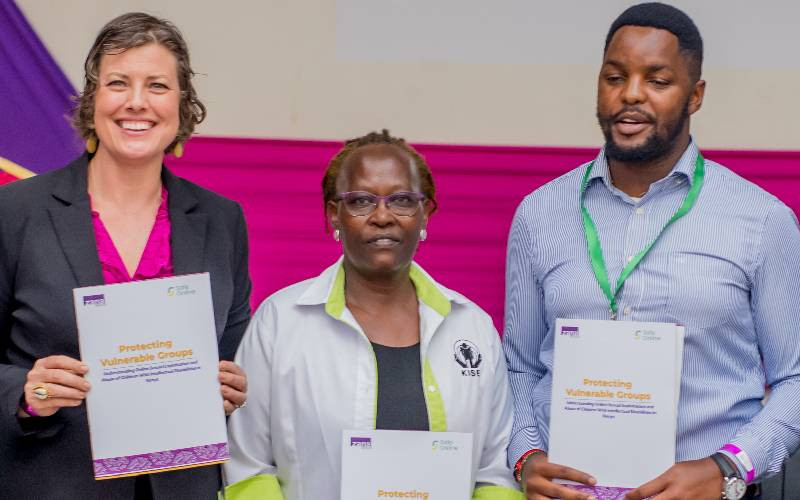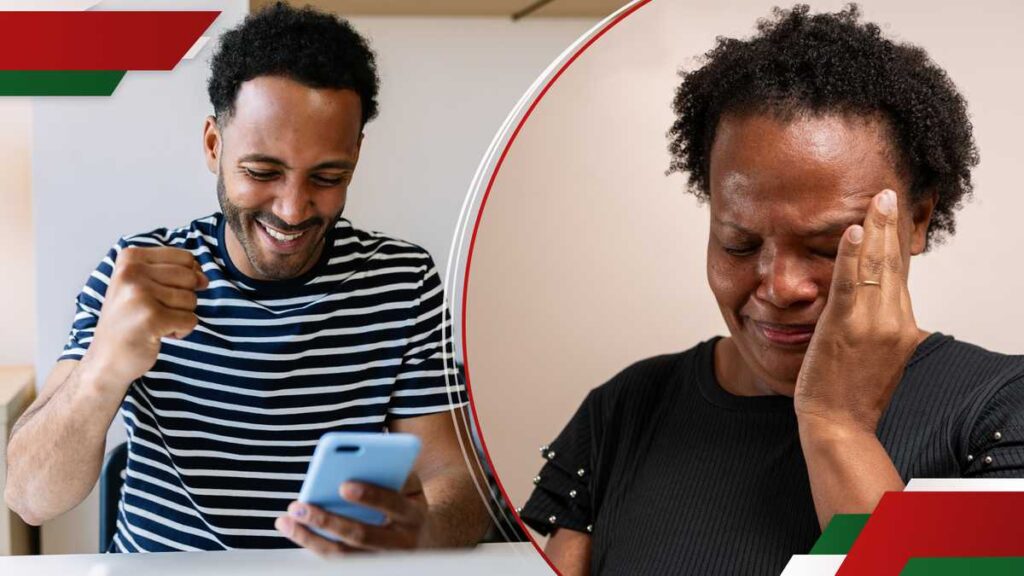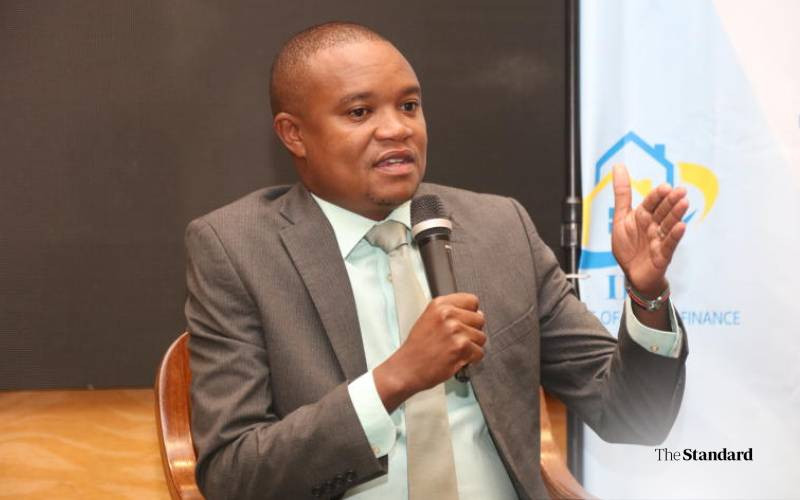Children with intellectual disability are at a greater risk of online abuse, a report has revealed.
Dubbed ‘Understanding Online Sexual Exploitation and Abuse of Children with Intellectual Disabilities’, the report highlights growing online threats and the lack of inclusive regulations to protect vulnerable children.
The report commissioned by ZanaAfrica incorporates the perspectives of other key agencies that work to safeguard the rights and safety of children through education and empowerment.
The findings come even as child protection advocates make clarion calls for legal and educational reforms to better protect the children from the rising cases of Online Child Sexual Exploitation and Abuse.
Children with intellectual disabilities are particularly at risk due to communication barriers, low digital literacy, and a trusting nature.
The report further reveals that popular platforms used by the children studied may pose high risks due to exposure to grooming, explicit content, and online scams.
The Dean of Studies at the Kenya Institute of Special Education, Josephine Kisilu, while delivering a keynote address, said Kenya has experienced an upsurge of such violations and one would wonder why the rise at this point.
READ: Over 300 million children a year face sexual abuse online, study
It’s even worrying given that the violators, according to the studies, cut across all social classes,” said Ms Kisilu.
According to her, while access to the internet has increased, children with intellectual disabilities remain unprotected, largely due to systemic gaps in education, law, and community awareness, according to the research findings of the report.
“I hope that the research has produced insights which will be useful to the government agencies and other stakeholders to curb the menace or upsurge,” added Ms Kisilu.
Her sentiments were echoed by Megan White Mukuria, Founder of ZanaAfrica, who while reflecting on her 24 years in Kenya and her journey as a mother, wife, and long-time child advocate emphasized that safeguarding children, especially girls and children with intellectual disabilities, has been at the heart of her life’s mission, from her early days working with street-involved girls to founding ZanaAfrica.
“I made a decision: my life’s work would be about unlocking the greatest opportunities for the greatest number of children, especially girls. And that starts with safeguarding,” she said.
Ms Mukuria said the report points to growing online threats faced by children and called on all stakeholders, from parents to policymakers, to act urgently and collaboratively.
Stay informed. Subscribe to our newsletter
She proposed expanding current tools like Nia HealthLink into a national digital safeguarding platform and integrating online safety into existing education frameworks.
“Some 18 million children in Kenya are already exposed to online risks,” she warned, saying, “Let’s prepare now before scale becomes a crisis.”
Mukuria said a coordinated, data-driven, and inclusive approach is essential if Kenya is to lead in protecting its children in an increasingly digital world.
ZanaAfrica’s Executive Director, Beatrice Jane, stressed the urgency of addressing digital threats facing today’s youth while highlighting the organisation’s broader mission to empower adolescents through education and support.
“When adolescents struggle during this pivotal phase of their life, the consequences are dire,” she warned, citing risks like teenage pregnancy, school dropouts, gender-based violence, and long-term poverty.
She explained that ZanaAfrica’s work includes scaling life skills education through its Nia Learning programs, which have already reached over half a million young people.
Ms Jane noted that the collaboration of ZanaAfrica with the Kenya Institute of Curriculum Development (KICD) is a potential pathway for embedding online safety into formal education.
ALSO READ: Let’s redouble efforts to make the internet safer for children
“We see an opportunity where the learnings from this report could in future inform how we sensitise children and youth on online safety through the approved school curriculum,” she said.
Jane said just like technology, the landscape for online abuse is constantly evolving, and “we have to keep seeking answers to every new challenge that rises.”
The report recommended more research these online abuses with respect to the experiences of children with disabilities in general, and children with intellectual disabilities in particular, to address existing research gaps.
According to ZanaAfrica’s Program Manager, Alice Onsarigo said the report is important in informing policy and practice by shedding light on the specific risks faced by these vulnerable children.
“It can help guide policymakers, educators and child protection agencies in developing targeted interventions,” she added.
Wilson Macharia, Legal Advisor at the International Commission of Jurists, in his remarks highlighted the urgent need for more comprehensive research focused on OCSEA as it affects children with disabilities broadly, and children with intellectual disabilities in particular.
He noted that there is a significant gap in current research, and addressing this void is crucial for developing informed, evidence-based policies and interventions that truly protect this vulnerable group.
Some of the recommendations from the report include: creating nationwide awareness campaigns on OCSEA; building the capacity of parents and caregivers to protect children online and developing specific laws and policies on online exploitation and abuse for children with intellectual disabilities.
Other recommendations proposed are strengthening complaint, investigation, and justice systems; and training teachers countrywide on child protection and online safety using trauma-informed approaches.

























